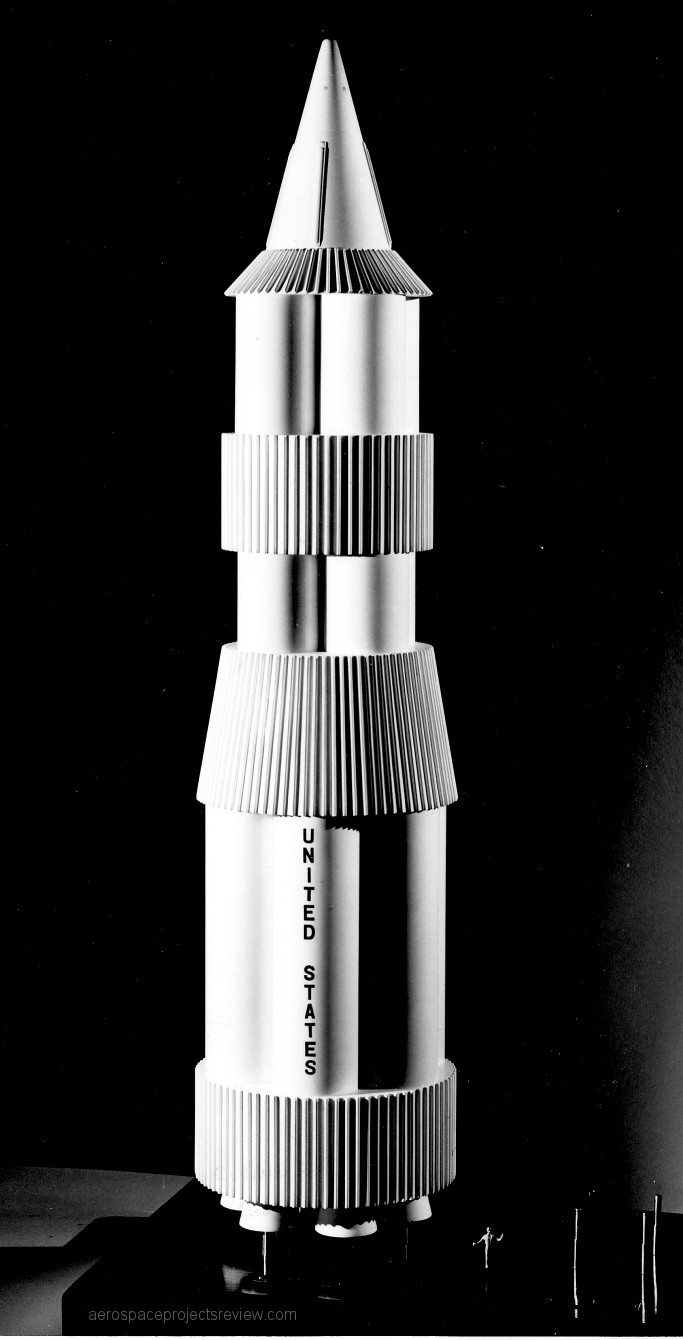A book excerpt from “The Skies Belong to Us: Love and Terror in the Golden Age of Hijacking” which looks to be a pretty interesting history of air travel in the late 1960’s/early 1970’s, when “this plane/bus/train is going to Cuba” became something of a recurring joke:
How Hijackers Commandeered Over 130 American Planes — In 5 Years
While the 1968-1972 period is a bit before my time, popular culture in the decade or so that followed remembered the burst of idiots who just had to go to Cuba and used it as a theme both dramatically and comically. But a question I’ve long not wondered about – because it never really occurred to me to care – was “what happened to those hijackers who made it to Cuba?” Well, after long and grueling interrogations by the Cuban police, the…
lucky ones were then sent to live at the Casa de Transitos (Hijackers House), a decrepit dormitory in southern Havana, where each American was allocated sixteen square feet of living space; the two-story building eventually held as many as sixty hijackers, who were forced to subsist on monthly stipends of forty pesos each. Skyjackers who rubbed their G2 interrogators the wrong way, meanwhile, were dispatched to squalid sugar-harvesting camps, where conditions were rarely better than nightmarish. At these tropical gulags, inmates were punished with machete blows, political agitators were publicly executed, and captured escapees were dragged across razor-sharp stalks of sugarcane until their flesh was stripped away. One American hijacker was beaten so badly by prison guards that he lost an eye; another hanged himself in his cell.
Heh. Who woulda guessed it… idiots who thought Cuba was a socialist paradise find that, gee whiz, it actually kinda sucks…





